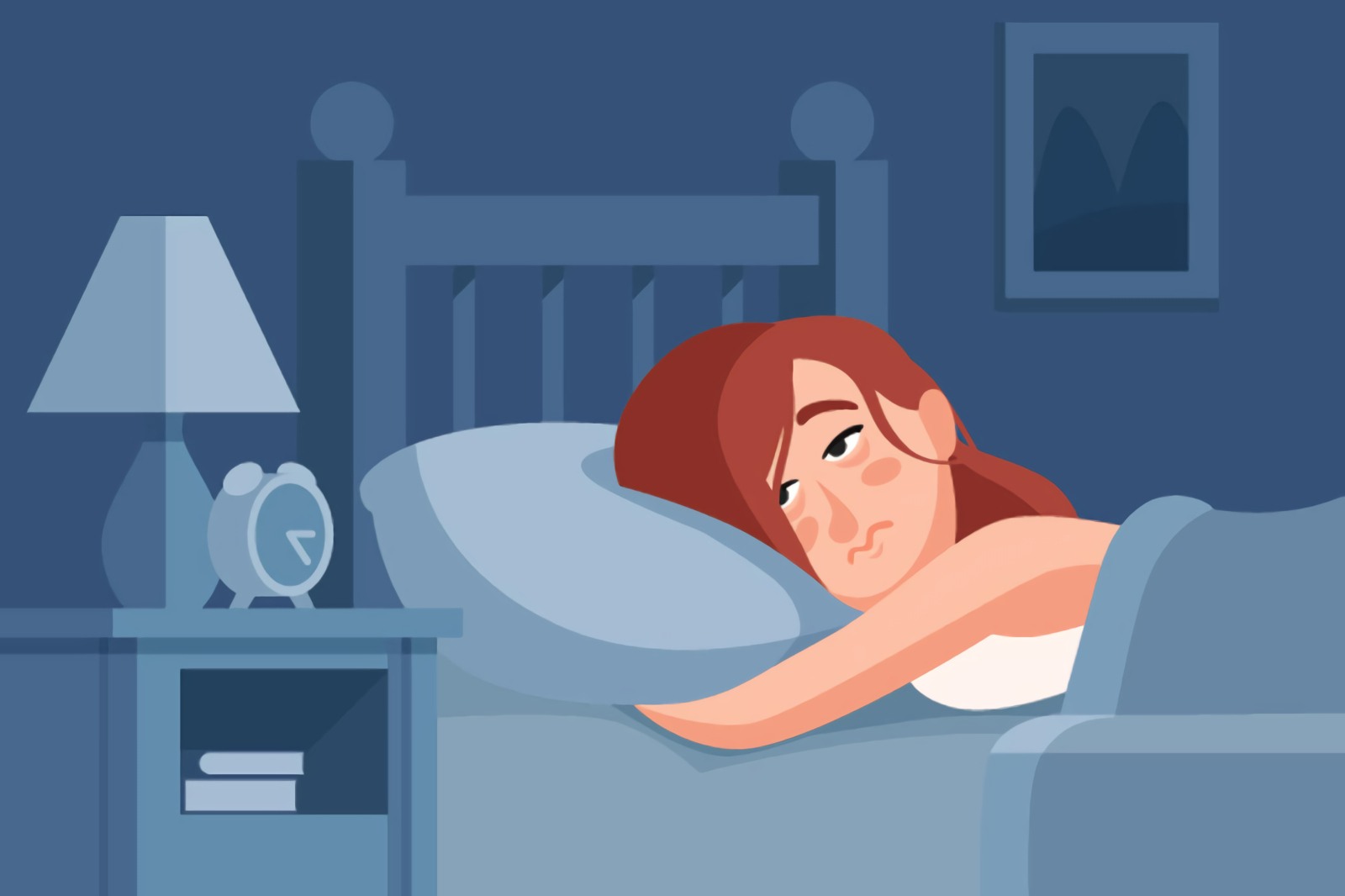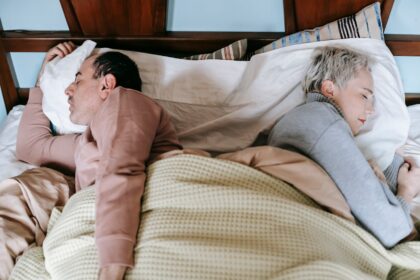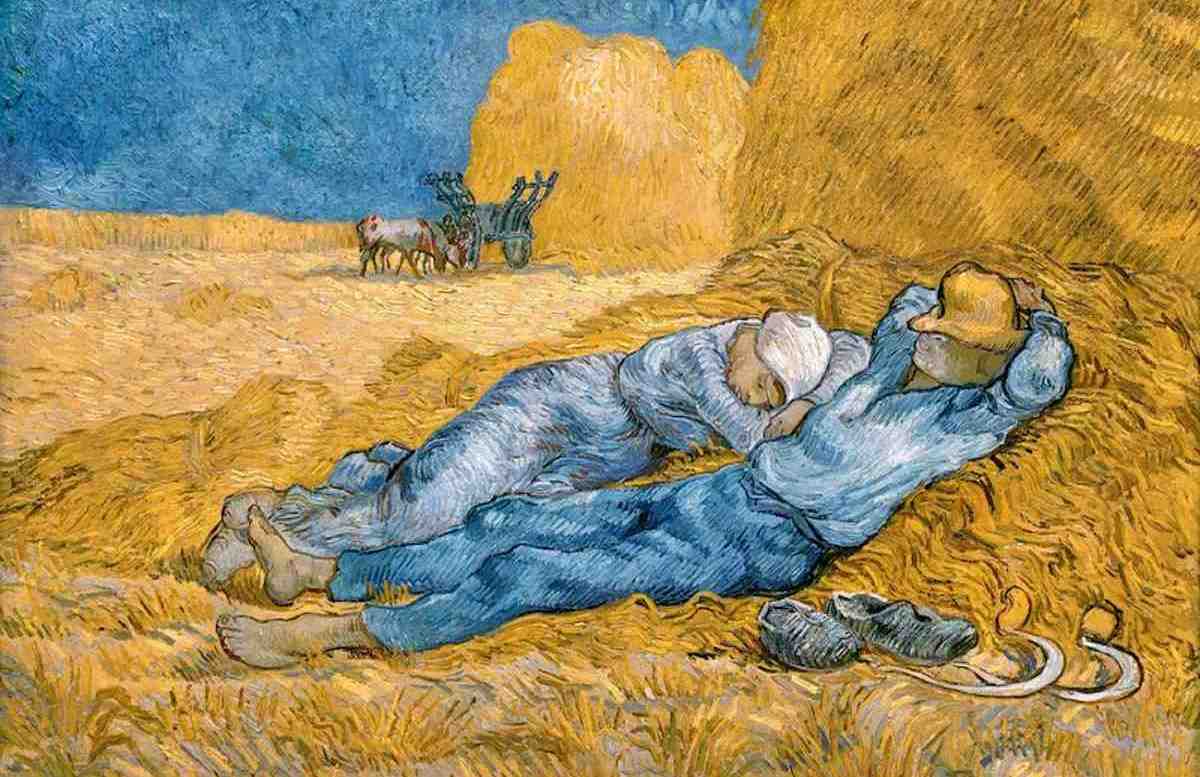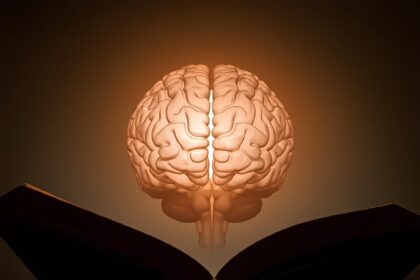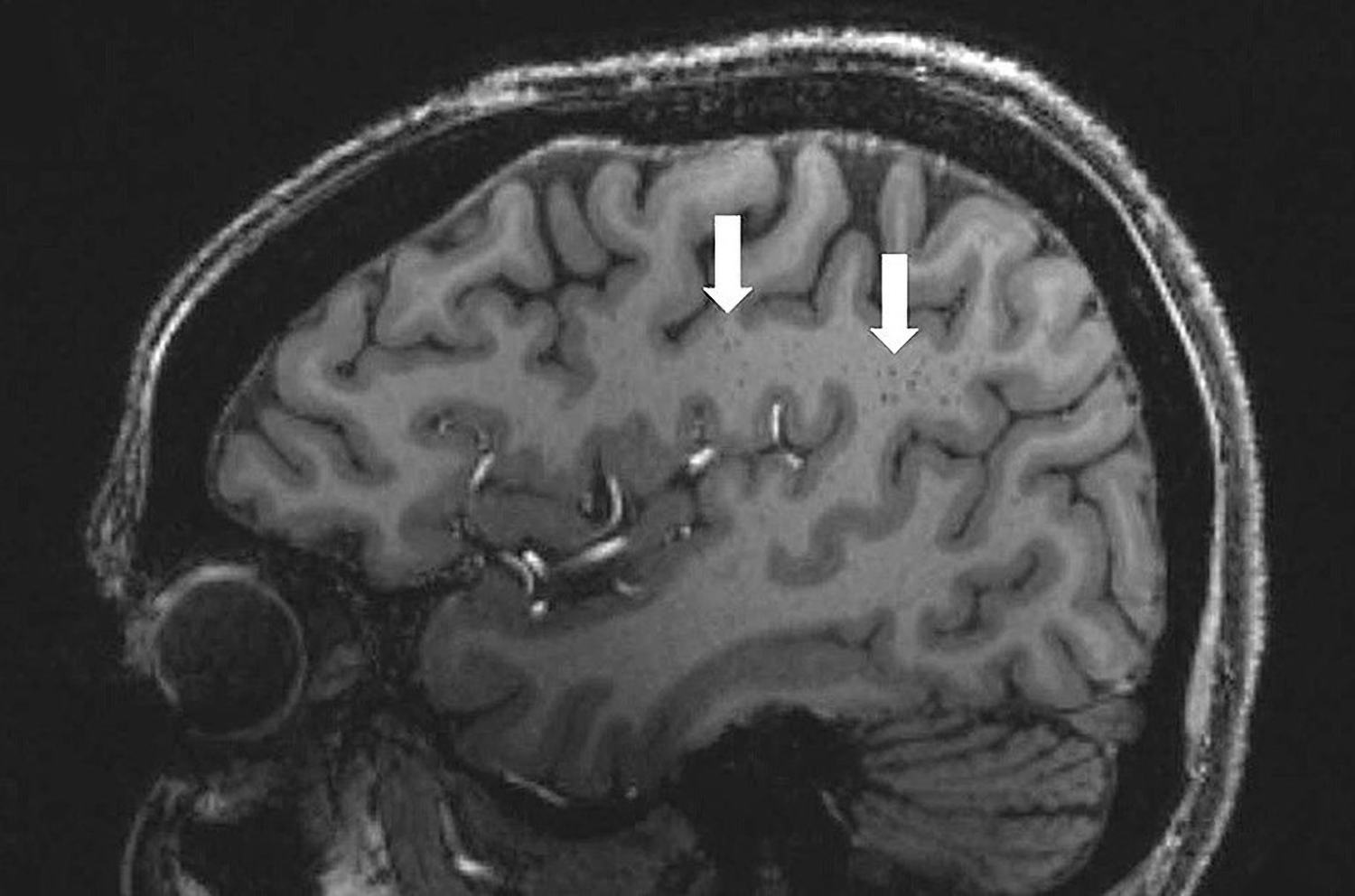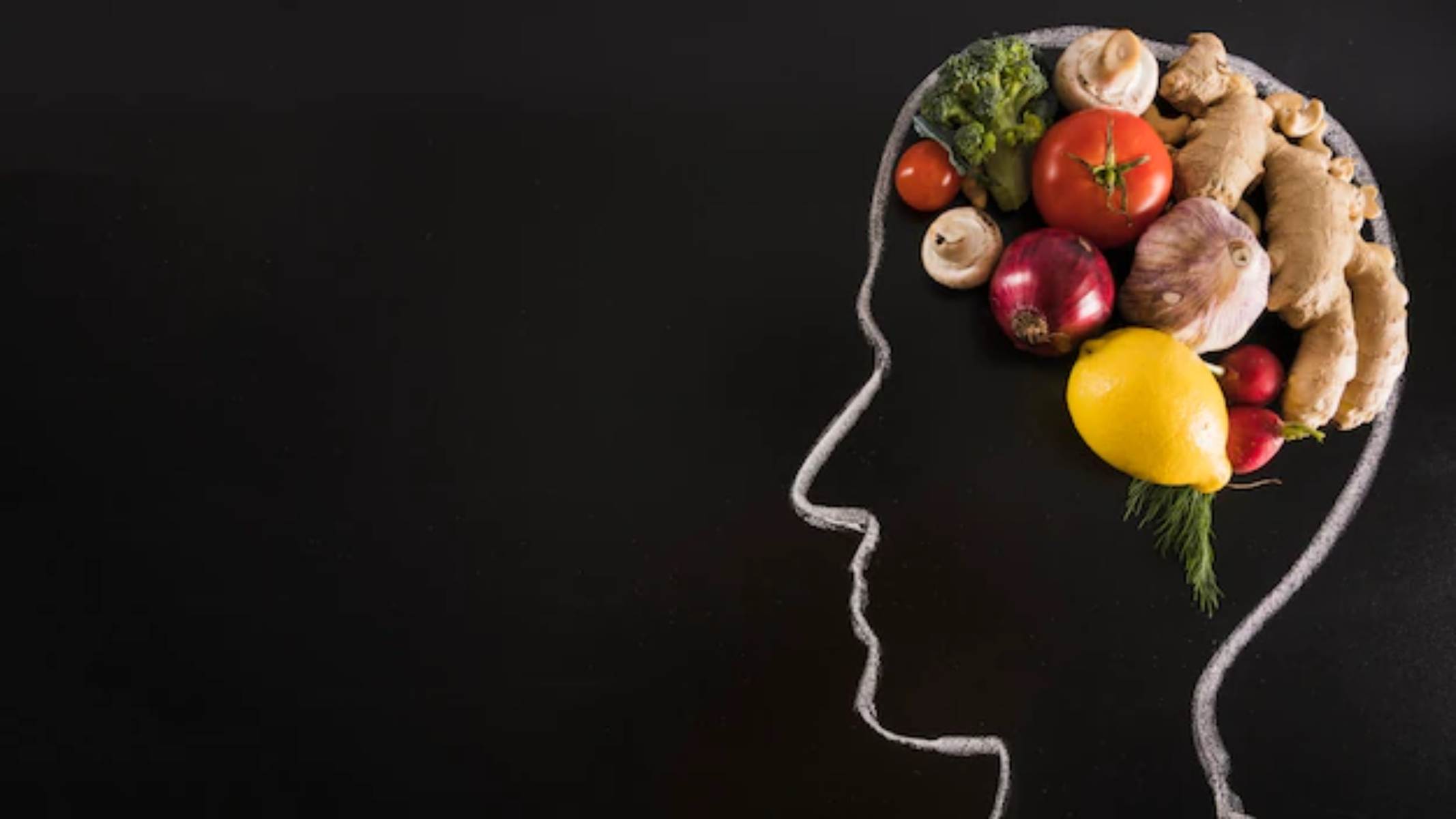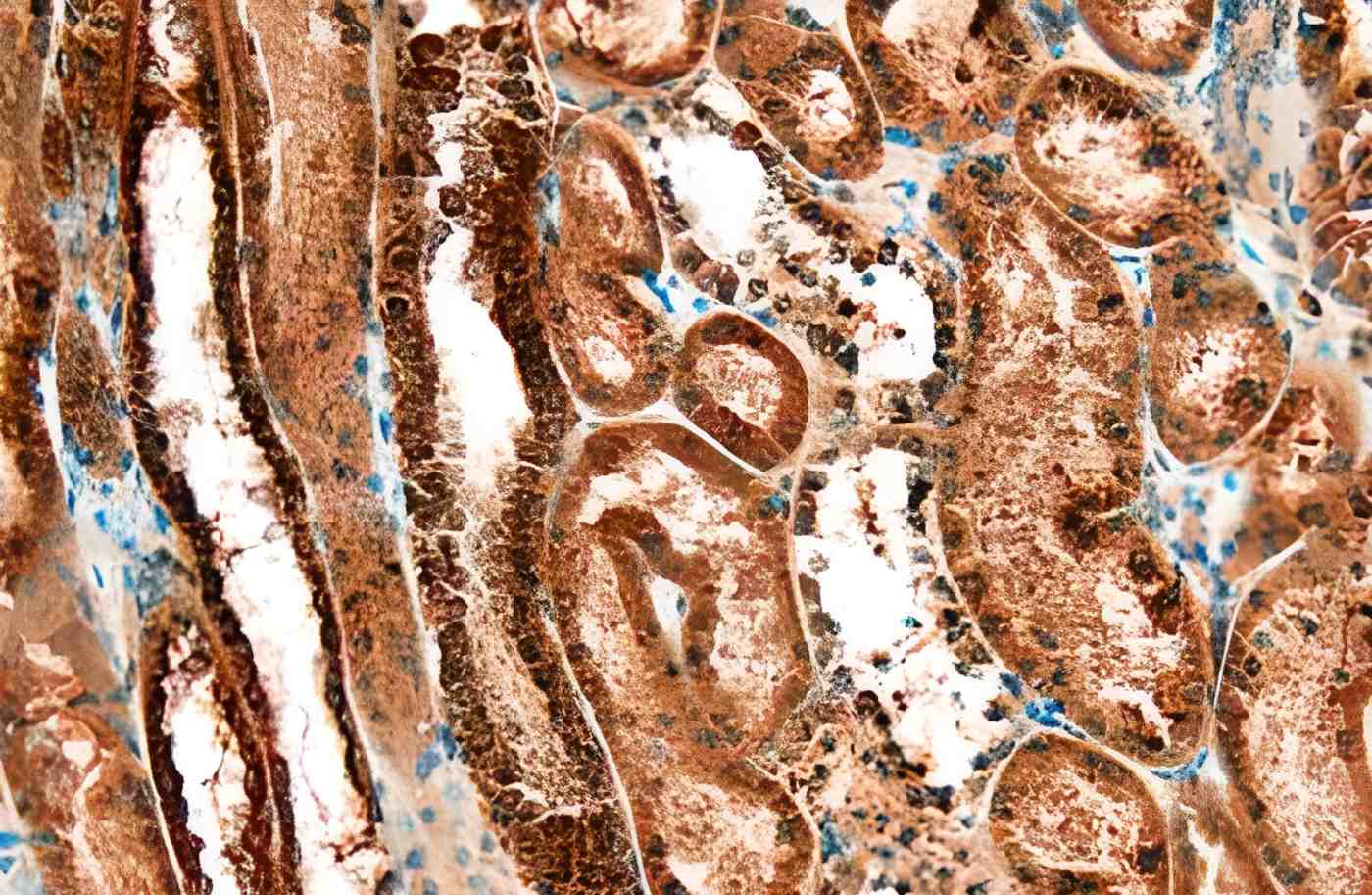Having a nap in the middle of the day won’t hurt you in any way, but will it also make you stay awake longer at night? If you’re going to stay late, whether it’s for a party or because you have to work shifts, you may plan to give your body a short sleep beforehand. After taking this prophylactic nap, you might expect to feel a lot more rested and not go to sleep until much later in the night. However, is this actually the case?
Your body is only able to pre-sleep at specific times
It’s possible that if you take a nap during the day, it will help you avoid feeling fatigued at night. You might, for instance, stay up a few hours longer rather than until 11 p.m. However, you may notice that your body can sleep in this way only during specific times of the day.
There are two points in the day where you can fall asleep more easily. For instance, it’s very easy to fall asleep during lunch, and then again right around the time you normally go to bed at night. This is the time of day when your body temperature drops to its lowest point, which marks the beginning of the sleep phase of the circadian rhythm.
Trying to sleep in advance won’t work
However, going to bed earlier than usual won’t necessarily help you sleep. You won’t get more rest in this way, and once you wake up, you will be able to stay awake for mostly the same amount of time. Thus, trying to fall asleep at 7 p.m. won’t do much for your body, if you usually get to bed at midnight.
Because the body’s internal clock has not been set to go into sleep yet. If you are already functioning with a sleep deficit, though, the rules change. You will fall asleep at any time but when this happens, it is just an instance of making up for the sleep deficit, not a pre-sleep to stay longer.
Sleep pressure is independent of circadian rhythm
Our biological clock isn’t the only factor that determines when we start to feel tired and how long we can go without sleeping; another important factor is something called sleep pressure.
Our circadian rhythm is controlled by the internal clock, which ensures that we are ready for bed at approximately the same time every day. However, sleep pressure is independent of the circadian rhythm. Regardless of the phase of the circadian cycle that you are currently in, staying awake for longer periods increases the sleep pressure and, thus, the desire for sleep.
Brain chemicals for feeling fatigued
As the day goes on, our brains accumulate a wide variety of distinct chemicals. When these chemicals reach a certain amount, you feel the increasing pressure of sleep and get tired. This results in the effects of sleep deprivation.
When we are sleeping, this sleep pressure decreases again. After only 7 hours of sleep, you will be able to alleviate the sleep pressure that had built up over the previous 17 or so hours.
Because of this, a 30-minute nap is often enough to provide you with the energy to stay awake for an extra hour or two during the day. This 30-minute nap reduces some of the sleep pressure and allows you to go to bed at your regular hour feeling less exhausted than usual.



